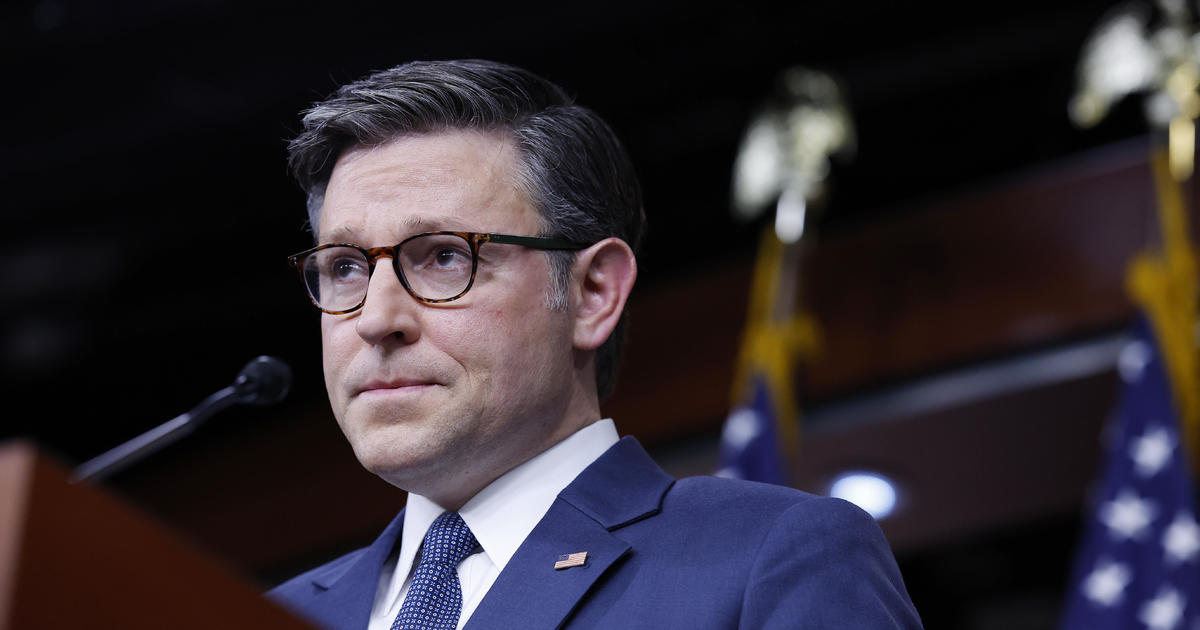The House of Representatives is currently facing a critical decision regarding the funding of the government. Speaker Mike Johnson is leading the charge in pushing for a stopgap measure that would keep the government funded for three months. This temporary funding plan has gained attention due to its clean nature, as it does not include any controversial provisions that could hinder its passage.
Last week, Johnson’s initial funding proposal was rejected by the House. This plan aimed to fund the government for around six months and included a noncitizen voting measure that Democrats strongly opposed. The setback faced by Johnson, partly driven by members of his own party, prompted him to pivot and introduce a new measure. This revised plan seeks to extend funding through December 20 without the contentious voting proposal, in an effort to avoid a government shutdown just weeks before the upcoming Election Day.
However, Johnson faced another obstacle on Monday when the stopgap measure failed to secure enough support on the House Rules Committee. This forced House leadership to bring the funding bill to a floor vote under suspension of the rules, a process that requires approval from two-thirds of the chamber for passage. Despite these challenges, Johnson remains optimistic about the passage of the continuing resolution, expressing confidence that it will garner broad support.
In his remarks, Johnson emphasized the importance of the temporary funding measure, describing it as a “very narrow, bare bones” solution. While acknowledging the shortcomings of continuing resolutions, he emphasized the need to prevent a government shutdown, calling it “political malpractice” to allow such an outcome. Johnson reiterated his belief that the inclusion of the SAVE Act, the voting measure, was crucial for ensuring both government funding and election security, but acknowledged the need to move forward without it.
The upcoming vote on the funding measure is expected to be a pivotal moment for the House. With conservative opposition to the continuing resolution, it is anticipated that more Democrats than Republicans will support the measure. This dynamic has created a challenging situation for House Republican leadership, as they navigate the differing views within their conference. House Democratic Caucus Chair Pete Aguilar expressed confidence in Johnson’s ability to secure Republican support for the bill, highlighting the bipartisan effort to ensure its passage.
Following the vote on government funding, the House is scheduled to go on a lengthy recess and will not reconvene until after the November 5 election. The three-month funding measure will set a pre-holiday deadline for lawmakers to prevent a potential shutdown upon their return. House Republicans have expressed concerns about the outcome, as temporary funding measures have become a common fallback for Congress. Despite these challenges, Johnson remains steadfast in his commitment to ensuring the government remains operational and functioning efficiently.
Overall, the upcoming vote on the government funding measure will be closely watched by lawmakers and the public alike. The outcome of this critical decision will have far-reaching implications for the functioning of the government and the stability of the country. As Speaker Mike Johnson leads the House in navigating this challenging situation, the importance of bipartisan cooperation and compromise cannot be understated. Ultimately, the goal is to ensure that the government remains funded and operational, safeguarding the interests of the American people.









